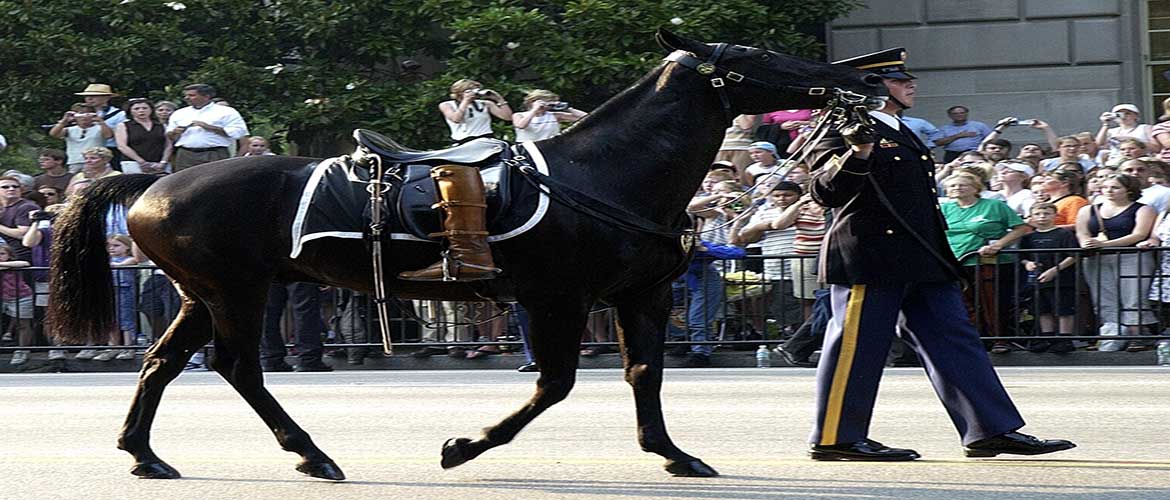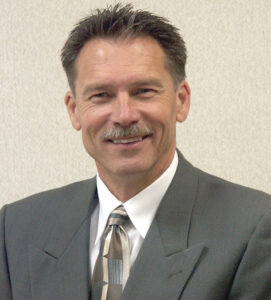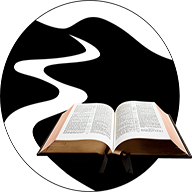
Good morning my “Walking with Jesus” friends,
Each year as December draws to a close, major news outlets provide us with lists of all the famous people who died that year and often a summary of their legacy. This past year was no different and already 30 days into 2024 I wonder if there have been some deaths in your extended family or among your friends which have struck you significantly?
If you’ll join me again in Israel about 3000 years ago, two of the men we’ve been walking with lately, died and their deaths marked a significant turning point in Biblical history and the nation of Israel. Amazingly the famous prophet Samuel’s death is marked by one simple statement: “Now Samuel died, and all Israel assembled and mourned for him, and they buried him at his home in Ramah.” (1 Samuel 25:1) The death of the old, wise, revered prophet Samuel is the end of an important era in Israel.
Samuel is the last of the great prophets who led Israel before the kings. Oh, there were many prophets in the centuries which followed, but their role was to advise the kings and call the people to hear God’s message. Moses and Samuel had the great privilege of receiving and communicating God’s word to His people Israel while calling the people to faithfully honor, with their lives and their worship, the God of Abraham, Isaac and Jacob.
Moses and Samuel were both miracle sons born to women at strategic times in Israel. Both men experienced many powerful encounters with God in which they received clear messages from God for God’s people Israel. Both men served as Judges helping the people settle disputes in applying the laws of God. As Moses and Samuel each neared their deaths, significant eras came to an end. Moses handed the mantle of leadership to Joshua who led the people across the Jordan river into the land of God’s Promise. (Joshua 1) Moses then hiked up Mount Nebo, as instructed by God, and alone there with God, Moses died. (Deuteronomy 34)
Samuel had already anointed both Saul and David to be the first two kings of Israel and then Samuel died in his hometown and was buried without great fanfare. For both men the people of Israel mourned for several days. (1 Samuel 25:1)

Oh, so much had happened in Samuel’s lifetime. We don’t know if David or Saul were present at this Celebration of Samuel’s life, but it was only a short while later that Saul’s life also ended, but in a very different way. That story is found in 1 Samuel 31. Once again Saul was leading some Israelite men in battle with the Philistines, as was true in much of the 40 years of Saul’s kingship.
Please remember my friends that when the elders of Israel asked Samuel to find a king for them, they specifically asked for a man who would be a “king over us so we will be like all the other nations with a king to lead us and go out before us and fight our battles.” (1 Samuel 8:19,20) Saul’s years as the first king of Israel are described for us in 1 Samuel 11-31 as a turbulent time for Israel marked by many, many battles and a great loss of thousands of Israelites both in battle and in the attacks upon villages from their enemies around them. So it seems fitting that Saul’s death occurred in battle, but the specific way in which Saul died is significant.
The battle records show us this: “The Israelites fled before the Philistines and many fell slain on Mount Gilboa. The Philistines pressed hard after King Saul and his sons, and they killed his sons Jonathan, Abinadab and Malki-Shua. The fighting grew fierce around Saul and when the archers overtook him, they wounded Saul critically.” (1 Samuel 31:2,3)
The war wounded in those days had little chance of survival as we know. Saul evidently knew his wounds were fatal and demanded that his armor bearer finish him off so he would not be taken captive and abused by the Philistines. But the young man who carried Saul’s armor refused, frightened at the thought of killing his king!
How long did Saul lay bleeding on the ground, I don’t know. I’ve often wondered if Saul did as many others have told me they are doing as they approach death… replaying the story of their life in their mind? Did Saul replay in his mind his first, unexpected encounter with Samuel in which Samuel shocked him by telling him God had selected Saul as Israel’s first King? Did Saul reflect on the anointing of the Holy Spirit of God upon him and how God did a transformational work in Saul’s life? Did Saul reflect on the time he had in a strong relationship with God and the Holy Spirit was guiding him in the unforeseen challenges of being King? And did Saul grieve, maybe weeping, as he reflected on his pride, his arrogance, and his rebellion against God?
Oh, I’m sure Saul agonized again as he remembered the day Samuel came to tell him God had rejected Saul as king because Saul had turned away from God. (1 Samuel 15) Saul’s kingship had begun so well but very quickly had run off the rails and was now ending so badly as alone on a hillside, surrounded by dead and dying Israelite men Saul had led into battle, Saul too was dying.
Evidently Saul heard the war cry of the Philistines coming up the hill of Mount Gilboa toward him, and Saul raised himself up, took his own sword and ended his life. The record says it this way: “So Saul took his own sword and fell on it. When Saul’s armor bearer saw that Saul was dead, he too fell on his sword and died with his King, Saul. So Saul and his three sons and his armor bearer all died on the same day.” Sadly, that day the Philistines conquered many Israelite towns and villages and occupied them. The next day when the Philistines were walking through the carnage, they found Saul’s dead body and those of his dead sons all on Mount Gilboa. Horrifically, they beheaded Saul and took his dead body and fastened it to the wall of the town of Beth Shan, while they took Saul’s armor into the temple of their idol god Ashtoreth. In this way they mocked Saul and his sons; the kingdom of Israel; and the God of Israel. (1 Samuel 31:8-10)
Perhaps you remember Saul’s very first battle when he led Israelite men to defend the town of Jabesh Gilead which was under attack, as recorded in 1 Samuel 11? Amazingly, my friends, it was not the men of that town, who in gratitude for what Saul had done to protect their town, came to Beth Shan and removed the bodies of Saul and his sons from the wall, and carried them back to their town of Jabesh Gilead for burial.

As the sun set that night and the moon rose over Israel, another era in Israel had come to an end. Samuel and Saul had both completed their earthly life pilgrimages, as you and I will someday. Both men left behind a significant legacy in the story of Israel, which is remembered to this day.
While you and I may not be remembered long after we die, I wonder what the story of our lives will be, what we will be remembered for, and what difference will you and I have made in this world? I also wonder if, among the last things you and I will be thinking about before death, is HEAVEN and will we cry out asking God to open our eyes to see HIM and prepare for heaven?
Let’s think about that, reflecting on this song and asking God to show us His purposes for the remainder of our lives, no matter how long that will be.
Bible images provided with attribution to www.LumoProject.com.
Have a comment or question about today’s chapter? I’m ready to hear from you, contact me here.

Pastor Doug Anderson
“Let us run with perseverance the race marked out for us, with our eyes fixed on Jesus…” (Heb. 12:1,2)
Archived back issues of “Walking with Jesus” and other resources are available by clicking here to open our ‘home page’ (or go to HOME at upper right of this page).
Share with friends. Subscribe below for daily “Walking with Jesus”.


